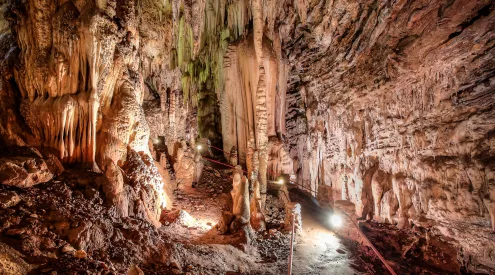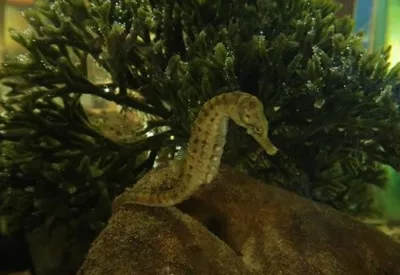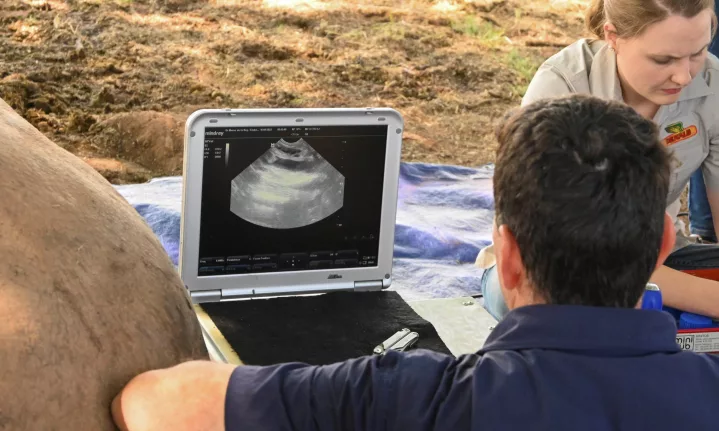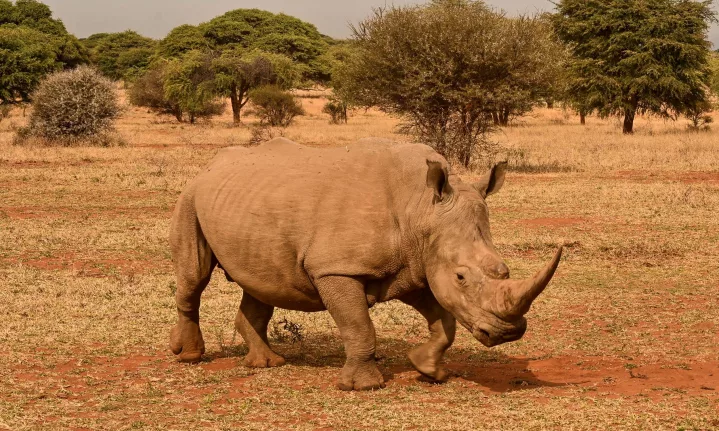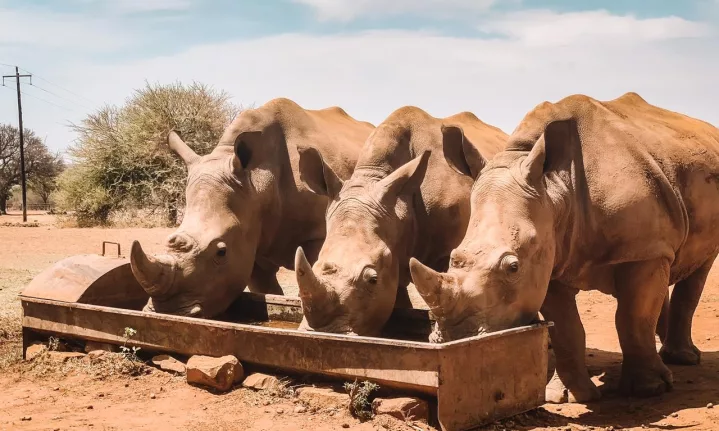In a ground-breaking initiative, The South African Veterinary Association (SAVA) and Rhino Repro have successfully developed and implemented assisted reproductive techniques for rhinos, a ground-breaking initiative to preserve and protect rhinos.
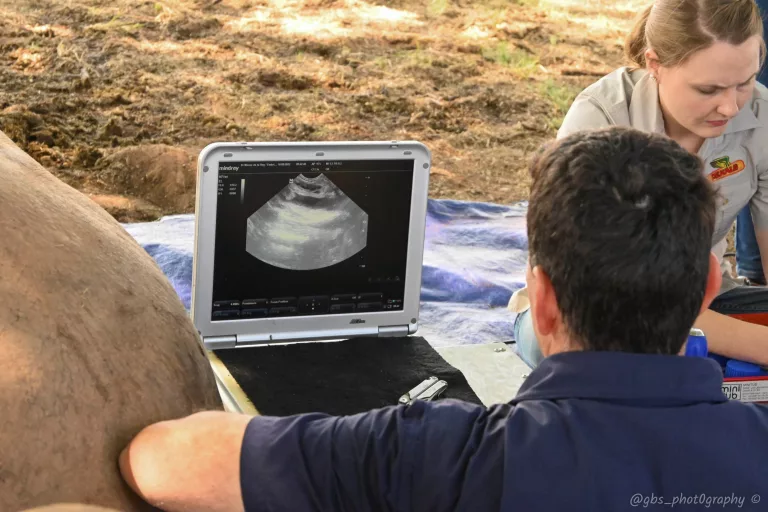
Rhino Repro’s ground-breaking approach encompasses the harvesting, maturing, and fertilization of oocytes (developing eggs), followed by embryo transfer into surrogate mothers.
By optimizing these techniques on Southern White rhinos (SWRs), close relatives of the critically endangered Northern White rhinos (NWRs), the team is paving the way for the future preservation of the NWR species. Their ultimate goal is to harvest oocytes from the remaining NWR females, mature and fertilize them using previously stored NWR semen, or utilize banked NWR genetic material and reconstruct embryos through nuclear transfer (cloning) to generate a large-scale supply of embryos that can be cryo-preserved or transferred to SWR surrogate mothers.
Our pioneering reproductive techniques are truly a global first, offering a glimmer of hope for the endangered rhino species. By pushing the boundaries of scientific knowledge and harnessing the power of assisted reproduction, we are determined to secure a future for these majestic animals,’ said Dr Morné de la Rey, founder of Rhino Repro and a visionary veterinarian leading the team.

Over the past five years, the Rhino Repro team has made significant progress in understanding the intricate reproductive anatomy of rhinos and has successfully collected and matured oocytes from SWRs. Their state-of-the-art procedures have yielded impressive results, with an average of 5.5 oocytes collected per procedure in 2022 and a record-breaking 18 oocytes collected from a single procedure.
In addition to their critical focus on the NWR species, Rhino Repro’s innovative approaches have shown promising results for addressing breeding challenges faced by other rhino species, such as SWRs affected by poaching stress and orphaned circumstances. Their revolutionary techniques have provided invaluable insights into the natural reproductive cycles of rhinos and have even contributed to improving the reproductive health of individual cows, leading to successful natural reproduction in previously infertile or compromised rhinos.
The success of these world-first reproductive techniques relies on the support and generosity of the public and the wider business community. Financial contributions play a crucial role in advancing research, expanding procedures, and increasing the chances of producing blastocyst embryos.
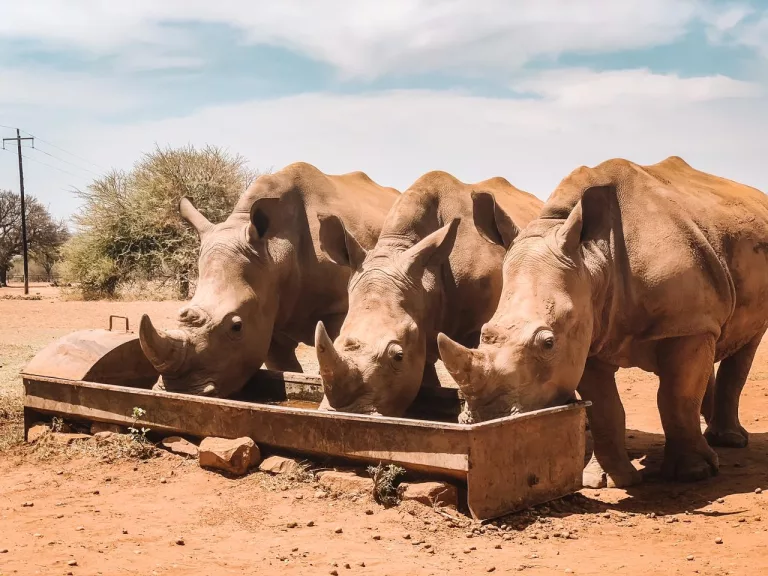
‘Preserving the endangered rhino species is not solely the responsibility of the greater team; it is a collective endeavour involving the entire veterinary community and our nation as a whole,’ emphasized Dr Paul van der Merwe, President of the South African Veterinary Association. ‘Together, we can pioneer world-first techniques that will safeguard the future of these magnificent creatures and leave a lasting legacy for generations to come.’
Follow us on social media for more travel news, inspiration, and guides. You can also tag us to be featured.
TikTok | Instagram | Facebook | Twitter
ALSO READ: Grubbs up: insects and food




